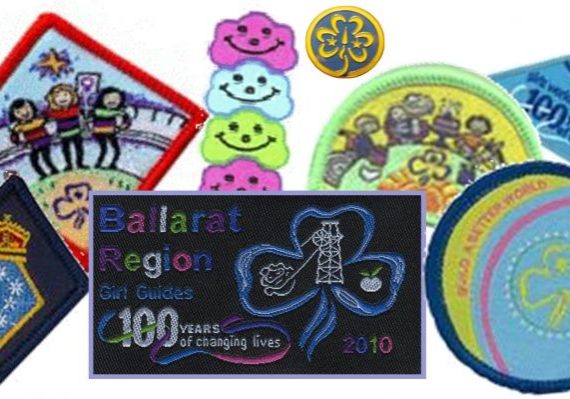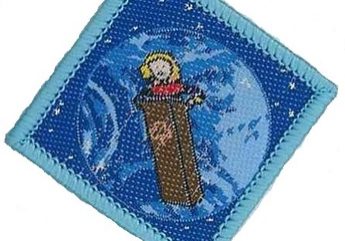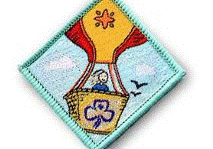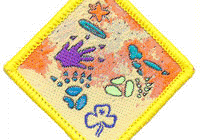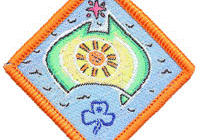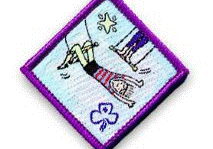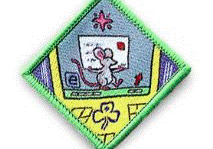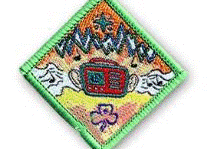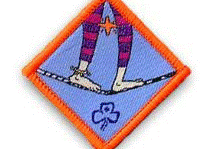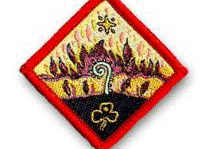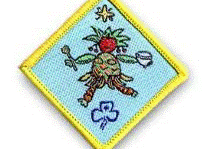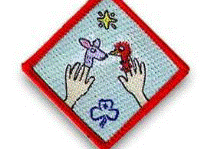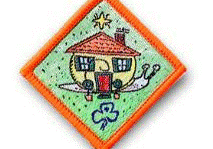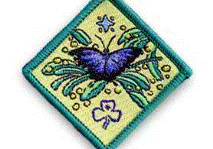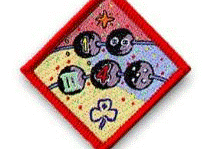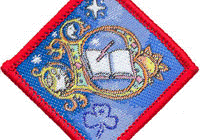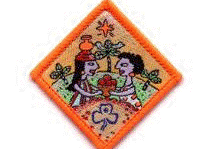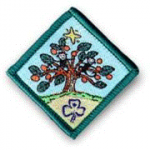
- Plant a native tree from seed or cutting and watch it grow.
- Make a Hairy Harry
- Make a collage of a tree from bark and leaves. Remember only to collect things from the ground, not to pull them off trees.
- Make bark rubbings and label them according to which tree they were from.
- Do flower pressings.
- Identify three different types of tree on a walk.
- Find out about things that are harmful to trees. Plan one thing you can do that will help a tree.
- Make some leaf people (resources)
- Make a family tree showing your siblings, parents and grandparents.
- Make up a song or poem about trees.
- Help decorate a Christmas tree.
- Learn how to preserve leaves (resources)
- Grow sprouts from mung beans, alfalfa, or other seeds that sprout, to eat in salads or sandwiches or as a side dish. Prepare it and eat it.
- Collect and recognise small specimens of 3mm and 6mm wood, Balsa wood, and Dowel rod
- Construct any wooden toy of your own choice (sanded, painted, varnished or stained).
- Watch a particular area during three months. Make a note of everything you discover about its flora and the effect on it by fauna.
- Cultivate a keep tidy part of a garden where a group of plants are growing, taking care of the plants at all times and keeping the tools used in good condition.
- Grow either 2 kinds of vegetables or 2 kinds of annual flowers from seed
- Successfully transplant seedlings into containers (for pot plants) then the garden (for growing into larger plants).
- Visit a farm, orchard or vineyard. Ask questions and find out about the property. Describe what you saw, heard, felt, smelled and/or tasted.
- Name 6 trees and state whether they are evergreen or deciduous trees.
- Know the dangers of pesticides to people, pets and wildlife.
- Have a general knowledge of the causes of soil erosion and methods of prevention.
- Understand why we need trees and the reasons for planting more trees. Know how the use of trees for paper, boxes, etc, can be reduced.
- Demonstrate how plants produce water (eg. by using an upturned glass jar or a plastic bag to enclose a living plant)
- Demonstrate how plants produce oxygen (eg. By growing a water plant in a covered glass jar in sunlight or under artificial light).
- Investigate an environmental issue: pollution, forestry, conservation, soil erosion or sustainable resources.


